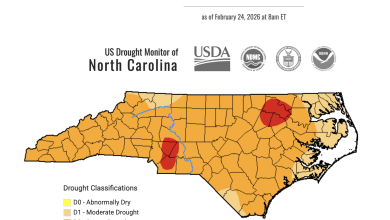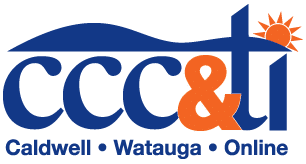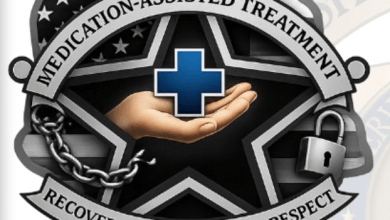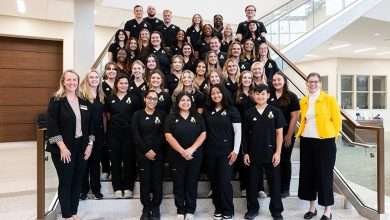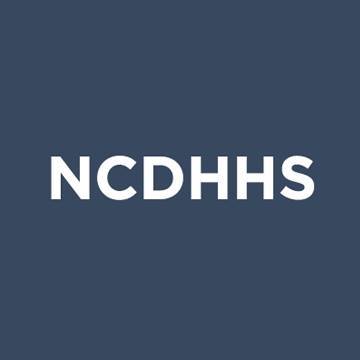
Last Updated on August 4, 2025 4:12 pm
As children across North Carolina return to school this month, the North Carolina Department of Health and Human Services reminds families that vaccinations are an important part of overall health and back-to-school success.
“Health care providers and families have the same goal: A healthy future for all our children,” said NC Health and Human Services Secretary Dev Sangvai. “Vaccines are an essential piece of child, teen and family well-being. You can use any health care visit, including for sports or camp physicals, school health assessments, checkups and sick visits to ensure your child is up to date with their vaccines.”
Vaccine-preventable diseases, such as meningitis, measles, pertussis (whooping cough) and others, are still seen across North Carolina. Already in 2025, the U.S. has had more cases of measles reported than at any time in more than 30 years, and in North Carolina more cases of whooping cough have been reported than any time in the past 70 years. Keeping children up to date on vaccinations is the best way to keep them healthy while reducing severe illness and unnecessary absences from school. Children who are uninsured can be vaccinated at low or no cost through the Vaccines for Children program, which offers free vaccines to eligible children through 18 years of age.
“Vaccines remain one of the most effective means available to prevent serious illness, hospitalization and death,” said Dr. Kelly Kimple, Director of the NCDHHS Division of Public Health. “They help to protect the health of children, their families and the entire community from the spread of infectious diseases.”
Governor Josh Stein also proclaimed August as Immunization Awareness Month in North Carolina. Alongside the proclamation, NCDHHS has also launched a bilingual Childhood Vaccines Toolkit. This toolkit includes resources to help health care providers and families start a conversation about childhood vaccines, so parents have the information they need to protect what matters most – their children’s health.
“Immunizations help protect your child by training their immune system to recognize and resist diseases,” said Theresa McCarthy Flynn, MD, MPH, FAAP, President of the North Carolina Pediatric Society. “The back-to-school checkup is a great time to talk with your pediatrician or other primary care provider about vaccines and any other concerns you might have about your child’s health.”
NCDHHS encourages all parents to talk with their child’s health care provider about required and recommended vaccinations. During the same visit, parents can also discuss seasonal vaccines, such as the flu vaccine for children ages six months and older, to ensure their child is fully protected. For more information on vaccine requirements and recommendations, check out the Vaccine Requirements for K-12 School-Age Children.
Additional information and resources are available for parents and guardians:
- Details about recommended childhood vaccines
- NCDHHS kindergarten immunization dashboard
- Information on vaccine safety
- Additional information on vaccine-preventable diseases and immunizations for North Carolina families
- An interactive VFC provider map to connect families with local providers who offer free childhood vaccines for eligible children and teens through the Vaccines for Children (VFC) program











